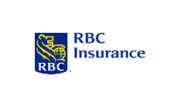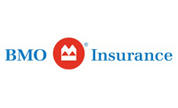





























A Business Overhead Expense policy is designed to pay the expenses required to keep the business operating while the insured is disabled. These policies are reimbursement contracts, in other words, they reimburse the disabled professional or business person for actual fixed business expenses incurred. This may include:
The main features of a Business Overhead Expense policy are described below.
The definitions of disability are essentially the same as the definitions for Disability Insurance policies. The three common definitions of disability are "any occupation", "regular occupation" and "own occupation". The more comprehensive the definition of disability, the higher the premium.
This is the period from the onset of disability and the commencement of disability benefit payments. The elimination period typically ranges from 15 days to 90 days. A shorter elimination period results in a higher premium.
This is the maximum amount of time that disability benefits are payable when the insured becomes disabled. The benefit period can range from 6 months to 3 years. The longer the benefit period, the higher the premium.
If the insured is considered partially disabled, in other words, is unable to perform one or more of the important duties of his or her occupation or, can perform all the important duties, but not on a full-time basis, a percentage of the monthly expense benefit is payable.
A sickness or injury may not be severe enough to keep the insured totally disabled, but may nevertheless result in a loss of earnings. This benefit pays a proportionate benefit if, as a result of a disability, the insured has a loss of earnings and expenses exceed earned income.
This benefit allows the person insured to purchase additional coverage at stated times in the future, without providing evidence of insurability. However, future purchases are generally subject to the coverage being justified by the expenses and maximum issue and participation limits.